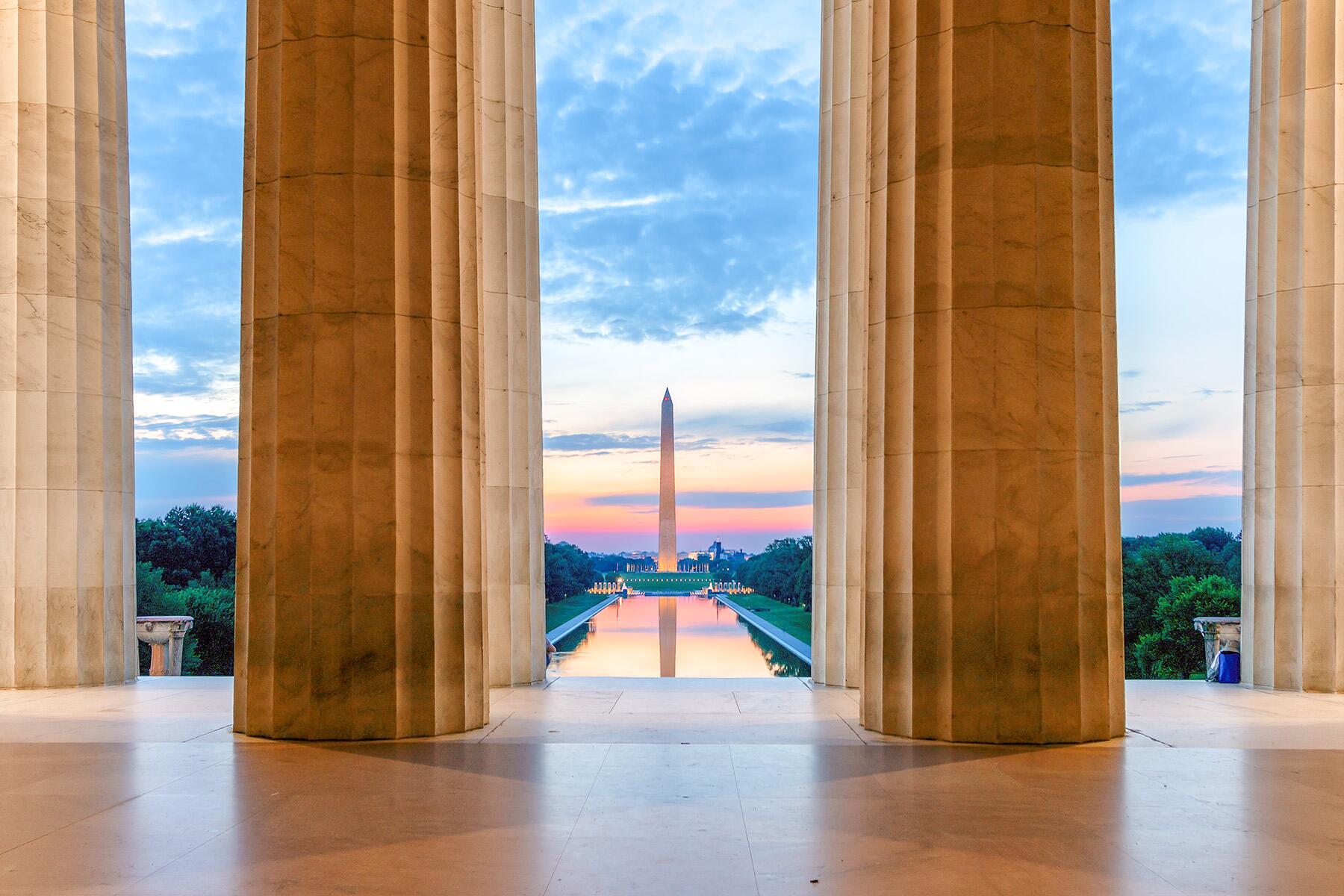This host’s horror story is a cautionary tale to all who use Airbnb.
According to the Airbnb Report on Travel & Living, the percentage of stays lasting 28 days or longer on Airbnb increased by 10% in the first quarter of 2021 in nights booked. This spike can be attributed to the drastic increase of people working from home during COVID, many of whom have chosen to adopt the life of a global nomad.
In theory, the concept of teleworking from anywhere in the world sounds idyllic. But Airbnb fails to mention the difficulties faced by those Airbnb hosts who choose to offer out a room in their house or their entire abode for extended stays should their Airbnb guests not vacate the premises. I’m not addressing landlords looking to profit from pandemic evictions or those who use the Airbnb platform to list multiple rental properties. Rather, I am referencing those Airbnb hosts who seek to make some extra income, especially during the economic stressors brought about by a global pandemic.

In this situation, hosts are offering a place to stay in the homes where they reside to those guests who have been vetted by Airbnb. For example, when A. Glugla’s host accepted his reservation, the information said host received from Airbnb indicated Glugla was a 24-year-old white kid looking to relocate to Portland, Oregon, from Brooklyn, New York. Given that Airbnb verifies the identity of potential guests, the host relied on Airbnb to provide accurate data.
Despite making a good first impression, Glugla could not respect the house rules designed to create a safe, clean, and hospitable home environment. This included denying his host access to the room where he was staying so a plumber could perform emergency repairs. In response, his host concluded Glugla was not a good fit as a long-term housemate and declined his repeated requests for a rental lease agreement.
Their problems with Glugla escalated in April 2021, when he asked to pay for his lodging that month outside of the Airbnb platform, claiming that his credit card malfunctioned on the Airbnb website. While his host permitted Glugla to make this one-time payment, he was directed to make future payments using the Airbnb system. Instead, Glugla failed to make any future payments for his Airbnb stay.

Upon researching how to get Glugla out of the host’s home legally, his host discovered he was, in fact, a 33-year-old man who had been living in Portland for over a year with multiple prior evictions on his record. They also learned that as Glugla had been an Airbnb guest for more than 30 days, he was now considered a resident of Oregon. Hence, the host had to initiate a costly and lengthy eviction process to extricate him from their premises. After he finally departed in mid-June, Glugla left behind mounds of debris that required the professional services of multiple companies for the removal of biohazards–some of which caused a rat infestation in the room where he was staying.
Since the host accepted one payment outside of the Airbnb platform, Airbnb would not intervene on their behalf. Therefore, small claims court represented the only legal way his host could try to recoup money lost due to unpaid rent, damages to their physical property, security measures such as changing locks, and other expenses incurred due to Glugla’s stay. At present, these damages total over $7,000.
Even though this host was experienced in using the Airbnb platform, they were unaware that any guest who stayed for more than 29 days could claim residency in Oregon. This loophole allows a guest to use the home address of their host to secure a place to live long-term while circumventing the usual vetting process to obtain a rental lease, which includes furnishing proof of income, credit checks, and a security deposit. Once a guest establishes residency, they can use their host’s address to apply for benefits available only for residents of that state, such as a driver’s license, Medicaid, unemployment insurance, and food stamps.

When asked about this loophole, the Housing and Urban Development (HUD) Press office offered this response via email: “Please contact the State of Oregon or any local jurisdiction to talk about this aspect of Airbnb.” According to various state and local organizations that focus on housing issues, measures are in place regulating short-term (less than 30 days) stays with Airbnb. However, no laws exist regarding longer-term stays with no plans to address this issue in future state legislative sessions.
As reported by national and local outlets—along with a Google search of “Airbnb guests who won’t leave”—this points to an ongoing problem that precedes the current housing crisis due to COVID-related evictions. Our attempts to contact Airbnb via email to comment on this scenario and this legal blind spot have yet to be answered.

In light of these stories, before opening up one’s home to Airbnb guests, be sure to check out this handy guide for some practical tips on how to ensure a beneficial Airbnb host-guest relationship. This will be particularly relevant come November 2021, when Airbnb’s new policy goes into effect that will allow travelers to pay for their stays in installments. In promoting this policy to offer convenient and flexible booking, Airbnb fails to address how they will respond to guests like Glugla, who continue to abuse the platform.




No idea what airbnb policy is. If I were to put my property in whole or part on airbnb I would exercise my Consitutional right and openly carry a pistol within my property. Most of these tricksters believe they are smarter than everone else. Most have not factored in any consideration for a property owner than may be willing to exercise his own version of justice. After all, there are many, many situations that would allow the property owner to exercise stand your ground.
But most basically, I do not understand the greed that overtakes people to allow some 3rd party with no real skin in the game to dictate terms. Dump airbnb, have a lawyer draft air tight contracts and use altlernate sources to find short term guests. It is actually all the fault of airbnb and all the other 3rd party great idea but no skin in the game operations. They have conned the world.
This is weird response. Stories like this happen with or without AirBnB. "air tight contracts" are meaningless if someone is out to flaunt the law. I have never used AirBnB in any way, but if you use your gun on someone, you'll be out a lot more than $7,000.